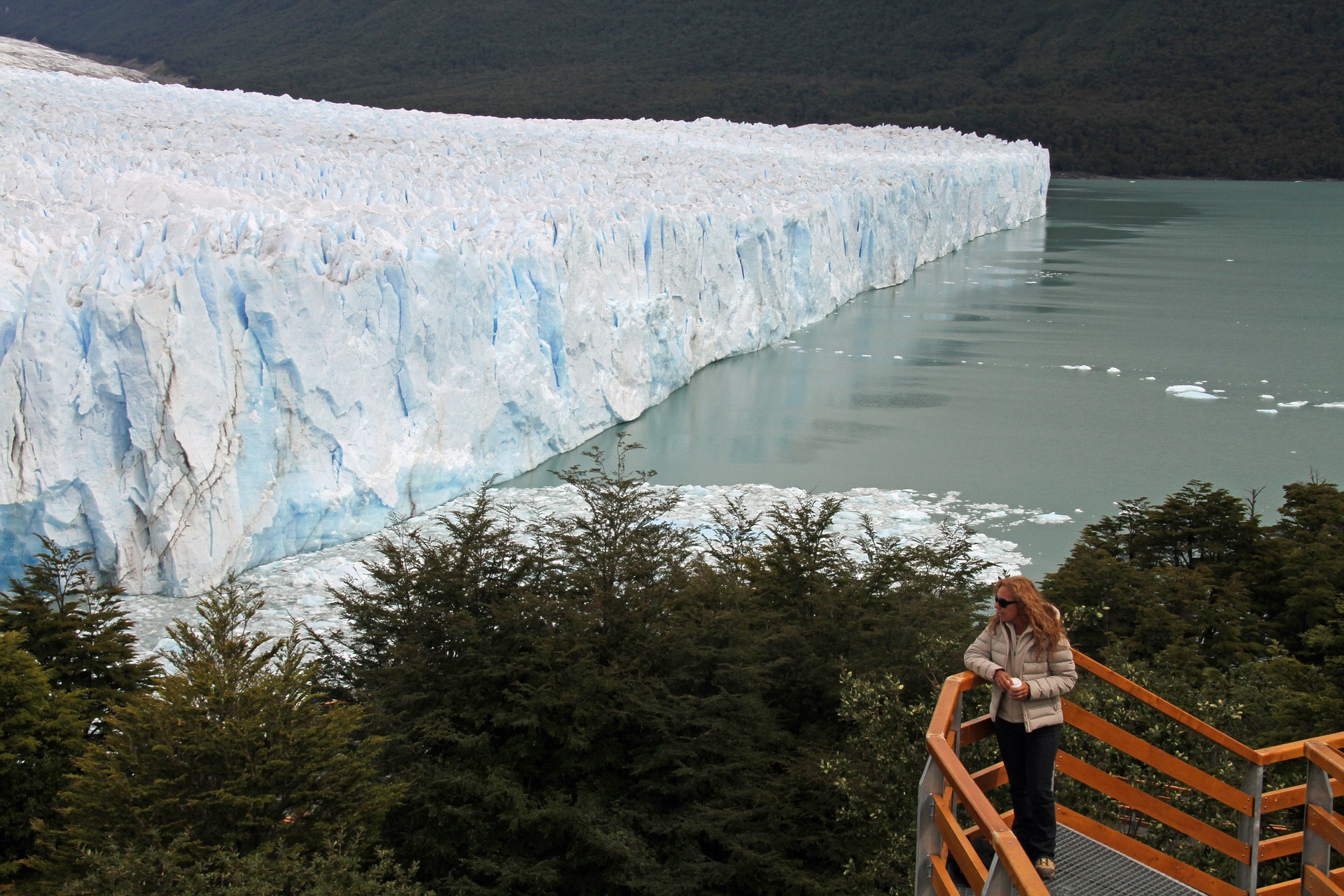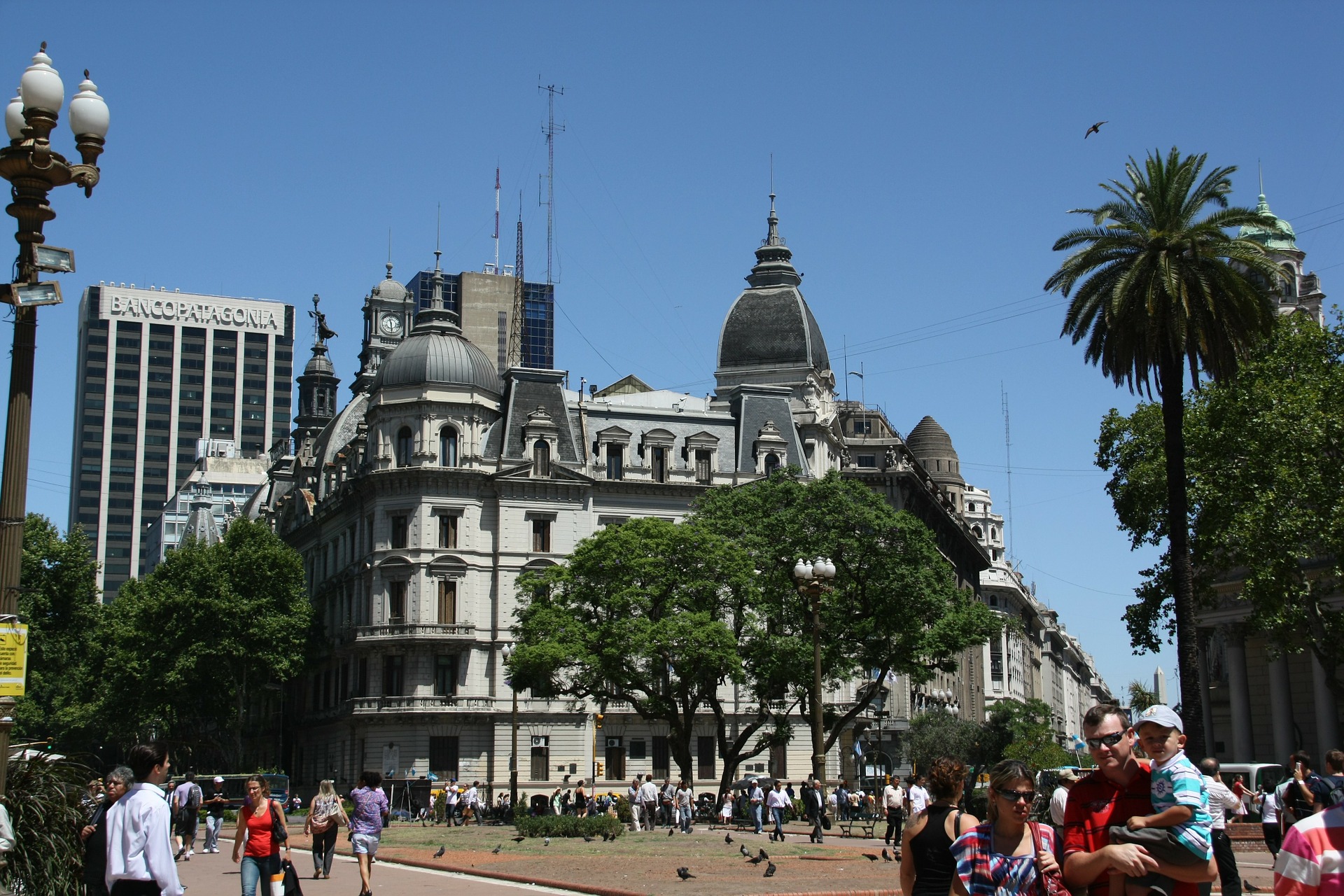From March to December 2020, travel to Argentina was impossible, and since its opening to date, travel has gradually resumed, albeit with restrictions and minor blockades. Aldo Elias, vice president of the Argentine Chamber of Tourism (CAT), says the industry is having a hard time. Tourism in Argentina has been one of the most affected industries since the beginning of the pandemic. After the opening in December, the restrictive measures were reintroduced at the last minute without any notification or joint work to minimize the negative impact. “
According to CAT, there are about 60,000 companies in the industry and more than 1 million jobs. During the pandemic in Argentina, 11,000 businesses were closed and 150,000 jobs were lost.
Fabian Tommarello, president of the Buenos Aires Tourist Guides Association (AGUITBA), says the industry has never resumed its work, adding that in Buenos Aires, 98% of guides have not returned to work since March 2020, ie during For 16 months, most were out of work. ” Tommarello explains that the city is a special destination for guides: “Buenos Aires is not like other cities in the country where tourists need a guide. The city offers many opportunities available to everyone; we lived mainly on foreign or educational tourism. “
New versions of COVID-19 have forced the government to once again close international borders. “We are working to open the borders in mid-August,” Elias said.
Another destination that is patiently awaiting the return of foreign tourists is the Perito Moreno National Park. Catalina Martinez, the park’s caretaker, says: “Last season we had 270 visitors, while before we used to receive 1,200.” Perito Moreno National Park is located in the province of Santa Cruz, 220 kilometers from the city of Governador Gregores.
Martinez explains that it is an interesting place to visit because of its accessibility and weather: “When we opened in December, we followed the protocols established by the province: social distancing, use of masks, car entry is limited to five people, cleaning bathrooms and etc. However, not being able to guarantee disinfection, we still could not open shelters, places where tourists rested in a closed and warm place, where they could sometimes spend the night. As for the guides, Martinez notes that “out of 19 qualified guides, none have been able to return to work.”

In Puerto Iguazu, the Association of Tourist Guides had to fight for the vaccination of workers. “We took the initiative to vaccinate tourism workers; not only guides, but also those who are in a hotel, restaurant, transport … and this, of course, is done without affecting the level of vaccination in the province, ”explains Palma. In addition, their goal is to make Puerto Iguazu a safe place: “We know this is not the end of the pandemic, but experts say the risk of spreading the virus among tourists is low if most people are vaccinated.”
Both in the city of Buenos Aires and in the province of Buenos Aires, winter holidays are scheduled for the period from 19 to 31 July. “Last year we were closed at this point, so the trip will be much better than what we saw last winter. In the same way, we believe that it will not exceed 40% of employment compared to previous years, “said Elias.
In the summer, Puerto Iguazu opened its doors, and although it received only 10% of visitors compared to previous years, they could work: “Before the pandemic, we had about 60,000 visitors a day. Last summer, we had an average of 1,800 visitors a day, and we worked harder on the carnival and Easter weekend when we reached 3,000 visitors, ”says Palma, adding that the winter holidays will be a good time to revive the industry:“ We already have tickets for the winter season; we think we will succeed. “
However, in the city of Buenos Aires expectations are not like that. “We have no hopes for the winter holidays. There are more and more restrictions on domestic flights, mandatory quarantines and other measures, ”Tommarello recalls. He also explains that most guides in Buenos Aires are hired by travel agencies, but no one called them to work on holidays. “We have hopes for the last months of the year, but everything is changing every day,” he added.
Perito Moreno National Park opens its doors from October to May, so it remains closed in winter. “We expect the park to be fully open, including shelters, by next 2021/2022 season,” Martinez said, but at the same time he agrees with Tommarello that “in the face of a health emergency, things could change.” .
“We believe that there are people who have been able to keep their jobs and even make a profit, and have been able to save, so many will want to spend money on travel,” explains Palma. “I hope it will be so for the common good; for those of us who need work, and for those who want to travel. “

